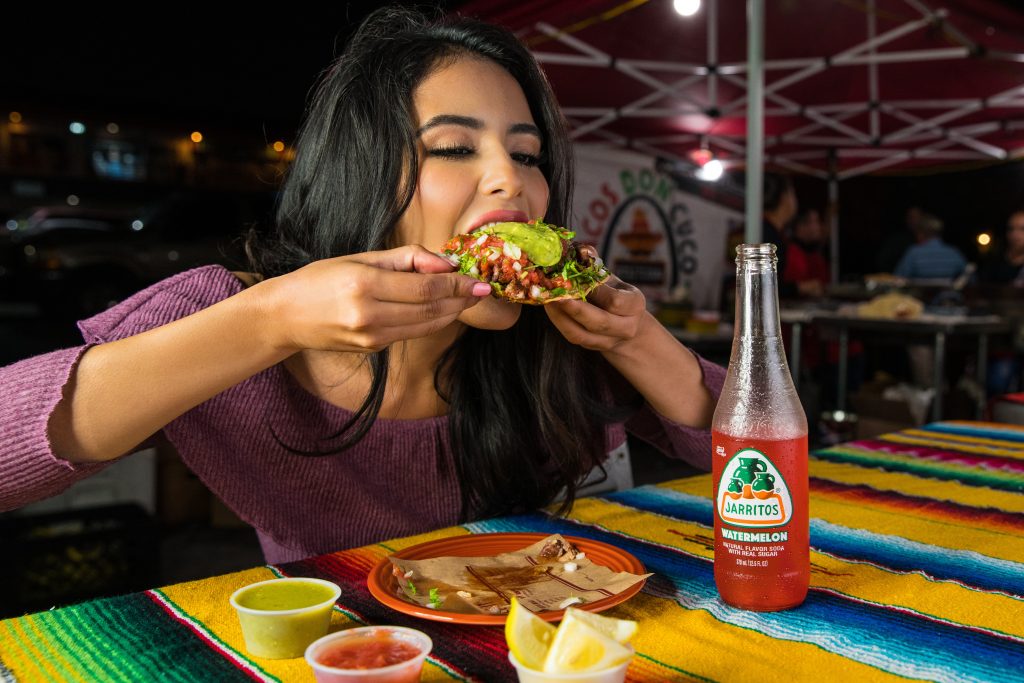The English language is wide and colorful, meaning there are different ways to express a single emotion, thought, or experience. For example, being hungry—that is, feeling the need for feed—can be said in more words and phrases than just “I am hungry.” Here are eight ways to say that you are hungry!
I am starving.
“Starving” literally means to suffer or die from hunger. While this dictionary definition does express being hungry, it does not mean such extremes when used in casual conversations. When you speak with friends, you or someone in the group can say “I am starving” as a light-hearted but exaggerated way of saying you or they are very hungry that you almost feel like you are starving (again, not in the literal sense).
Examples:
I have not eaten all day, so I am starving.
Lana mentioned she was starving, so maybe we could go to the all-you-can-eat buffet.
“Would you like to grab a bite?” “Yes, I am starving!”
I am famished.

“I am famished” expresses the same level of hunger as “I am starving.” Someone who says this is extremely hungry, not so much that they feel like they could die. It is an exaggeration, said to sound dramatic and to say that one strongly feels the need to eat.
Examples:
I am famished so can we eat at the next restaurant we see?
Maria was so famished that she ordered five things off the menu just for herself!
I cannot wait for dinner! I am famished.
I could eat a horse.
“I could eat a horse” is a funny way of saying that you are very hungry. There are two theories on the origin of the phrase. First, since horse meat is not generally eaten by many (since horses are highly respected animals), it is assumed that people use it to express the desperation that one’s hunger can lead to—eating what normally should not be eaten.
Second, it is believed that horses are used here because they are big animals. You can express how deep your need to eat is that you could possibly eat a serving of a whole horse.
“I could eat a horse” is an exaggerated phrase mostly used in fun conversations between friends or close acquaintances.
Examples:
I am so hungry that I could eat a horse.
This diet has been so restricted that I could eat a horse come cheat day.
That workout session got me feeling like I could eat a horse!
I am feeling peckish.

“I am feeling peckish” is a polite statement that can be said when you are just a little bit hungry. You are not craving a big meal (or even a full one), but you would like to eat something light, such as a small snack. People often start feeling peckish a few hours after eating a full meal or a little bit before mealtime.
Examples:
We are having lunch in an hour, but I am already feeling rather peckish.
I usually feel peckish in the middle of the afternoon, so I bring a midday snack.
I was feeling peckish while waiting, so it was a good thing I packed a packet of biscuits in my bag.
I am ravenous.
“I am ravenous” is another phrase that describes an extreme feeling of hunger. It is often used to refer to hungry animals that will seize and eat whatever they see first out of their need for food. But in casual conversation (among humans), it simply means that you are very hungry that you feel like you would greedily eat the first thing that is offered to you.
Examples:
I am so ravenous that I would eat that stapler if I could.
“Would you like me to get you a sandwich while you are working?” “Yes, please! I am ravenous, but I cannot leave my post.”
When will dinner be served? I am ravenous!
My stomach is growling.

“My stomach is growling” is a way to describe your hunger in terms of the physical effects it has on your body. When a person is hungry, his or her stomach rumbles. So you can describe this feeling when you want to express that you need food.
Examples:
My stomach is growling, so we need to eat soon.
I know you said you were not hungry, but I can hear your stomach growling.
Whose stomach is growling? We can get burgers on the way to the party if any of you are hungry.
I am hangry.
“Hangry” is a slang term that is a combination of “hungry” and “angry.” It is used to describe the merging of hunger and anger to form a destructive feeling caused by needing to eat. People who are “hangry” are very irritable, and their emotions can only be soothed with some food.
Say, for example, you and your friends agree to have dinner at 7:00 PM. You arrive at the restaurant at 6:45 PM and expect everybody to come after a few minutes. But at 7:30 PM, none of your friends have arrived yet. You are already hungry since you only ate a light lunch, and you are angry because your friends are keeping you waiting (and essentially, stopping you from being able to eat). This feeling is what you could describe as “hangry.”
Examples:
They had been deciding where to eat for 30 minutes, so Rachel was, understandably, very hangry by the time they had lunch.
I have been waiting for the food to be served for almost an hour. I am already very hangry!
He knows just how to treat his hangry girlfriend: by buying her takeout from McDonald’s.
I am hungry as a wolf/ox/bear.

Wolves, oxen, and bears are famously known for their big appetites. So you could say “I am hungry as a wolf,” “I am hungry as an ox,” or “I am hungry as a bear” to express an extreme feeling of hunger—one that makes you think that you have an appetite as big as a wild animal’s.
Examples:
I can eat a whole cake; I am hungry as a wolf!
I am hungry as an ox that I will pass out if I do not get food into my system in the next five minutes.
Dad said he was hungry as a bear—an exaggeration since I know he just had a snack 15 minutes ago.
LingualBox is an online tutoring site that offers one-to-one English tutoring sessions online. Our professional language teachers focus on helping you speak fluently, read comprehensively, and understand the English language fully. Book a class today to get started!

